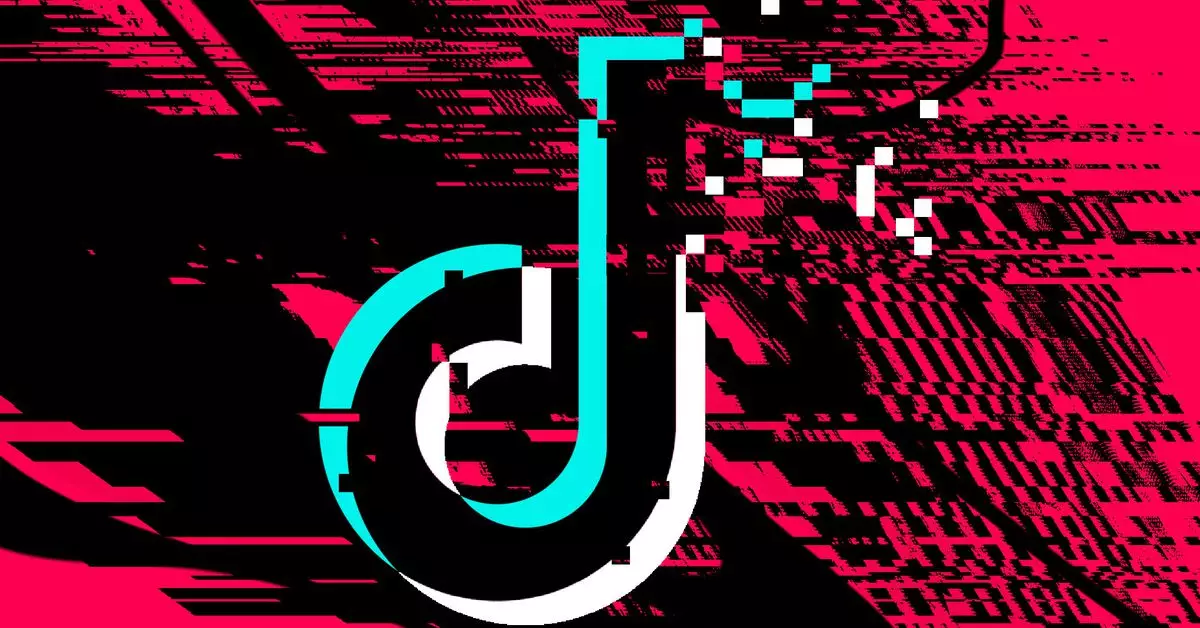The ongoing saga of TikTok in the United States is a complex interplay of national security, digital privacy, and the nuances of political transition. The stakes have never been higher, particularly with the looming deadline on January 19, when the popular video-sharing platform may find itself offline unless a decisive intervention occurs from the outgoing Biden administration.
TikTok has openly communicated its perilous situation, asserting that it may “go dark” unless it receives clarity and assurance from the administration regarding the legal predicament of its core service providers. These providers, which include tech giants like Apple and Google, have pivotal roles in distributing TikTok through their respective app stores, and its infrastructural backbone consists of hosting partners such as Amazon and Oracle. The implications of the Supreme Court ruling that upheld a law mandating the divestiture of TikTok’s Chinese parent company, ByteDance, have instigated a wave of uncertainty.
The context of TikTok’s appeal is crucial. With the incoming administration set to be led by President-elect Donald Trump, who has previously pledged to navigate the platform’s future, the situation has transformed into a convoluted chess game in which both sides maneuver for leverage. TikTok’s CEO, Shou Chew, sought direct communication with Trump in a video message shortly after the Supreme Court’s ruling, yet the actual implications of this appeal remain obscure.
The transfer of power between administrations always comes with uncertainty, but TikTok’s future hangs particularly in the balance this time. President Biden’s administration has conveyed a penchant for ensuring that TikTok continues its operations under American ownership, wanting to address the national security issues observed by Congress. The White House has indicated that enforcement of the recent law would logically devolve to the incoming administration, which further complicates the present circumstances.
Amid this turmoil, Biden’s clear position has not dissuaded some lawmakers from shifting their stance regarding the TikTok ban. Some politicians, who once supported the aggressive approach to limit the app’s operations, are now voicing opinions that ByteDance should be afforded additional time to divest. Such political flip-flopping hints at the intricate and often conflicting priorities within American politics regarding digital media and national security.
As the situation develops, the Department of Justice continues to stand firm behind the enforcement of the TikTok ban, explicitly stating that compliance from service providers will be mandated through substantial fines for user access violations. Attorney General Merrick Garland underscored a key element of the government’s rationale by asserting the imperative of safeguarding sensitive data from authoritarian regimes like China. His comments affirm the constitutional justification of the legislative action, adding layers of complexity to the legal discourse surrounding TikTok’s operations.
Yet, the juxtaposition of this legal stance against the backdrop of a shifting political landscape leaves open questions regarding future enforcement and the sustainability of compliance mandates against service providers. As the clock ticks down, the fate of TikTok does not just hinge on legal rulings but also on the political capital and priorities of the incoming administration.
Beyond the confines of this legal and political quandary lies TikTok’s significant cultural footprint in the United States. As a platform that has empowered a diverse array of content creators and fostered user engagement like few others, its potential ban threatens to sever an integral community essential for digital expression, creative innovation, and social interaction.
While the impending January 19 deadline looms, broader ramifications for the digital landscape and user experience in the United States must also be taken into account. The potential disappearance of TikTok would undoubtedly reverberate through various sectors, affecting not only creators but also businesses that have leveraged the platform to reach audiences.
As the situation unfolds, it becomes increasingly evident that TikTok’s fate rests at the intersection of technology, governance, and societal impacts, a complex triad that will dictate the platform’s future in America amidst a backdrop of political transition and evolving legal interpretations. In navigating these intertwined narratives, stakeholders must remain vigilant, articulating concerns that span beyond the app itself to encompass core issues of digital sovereignty and user rights.

